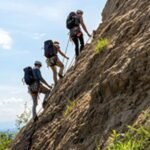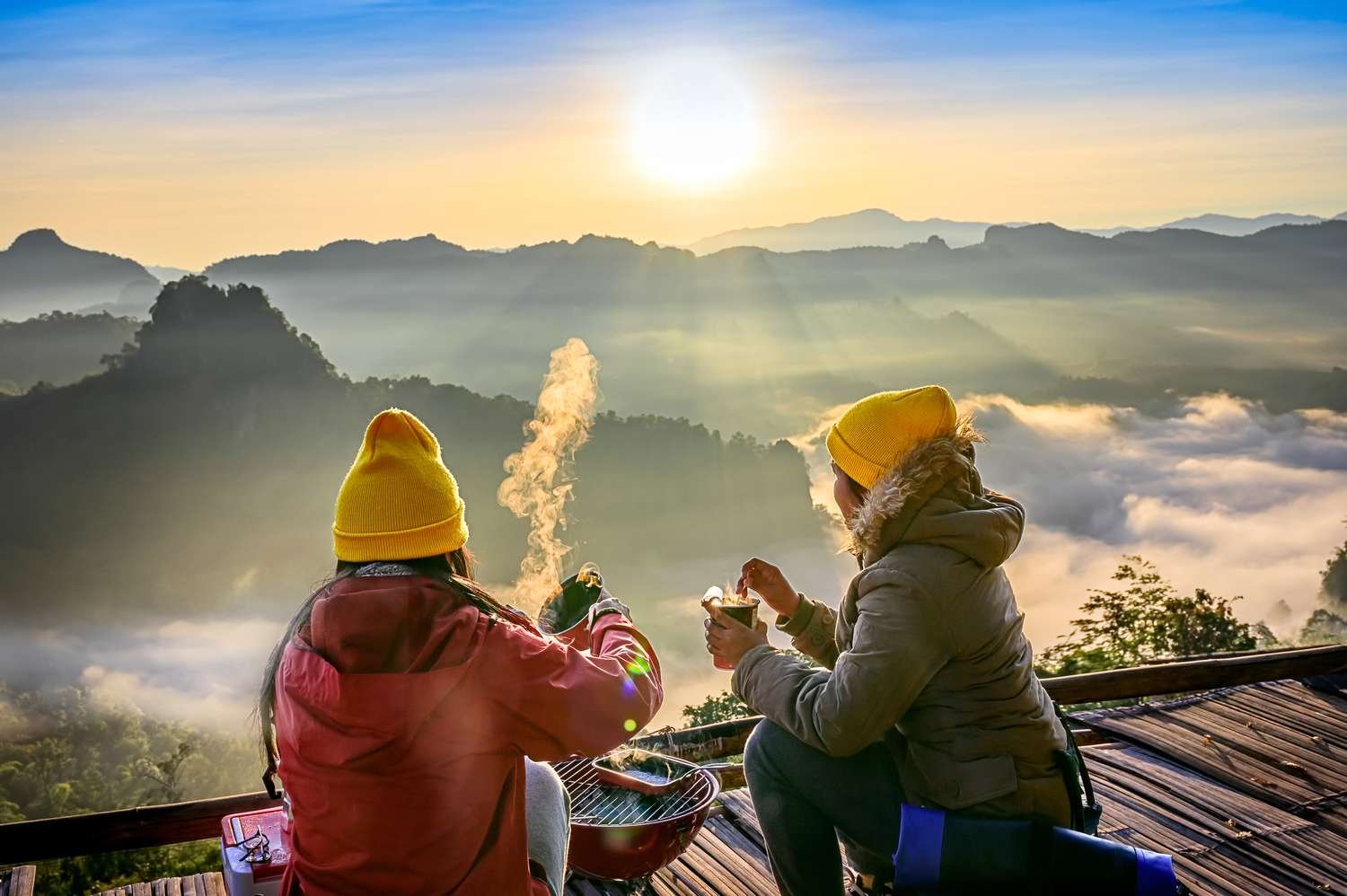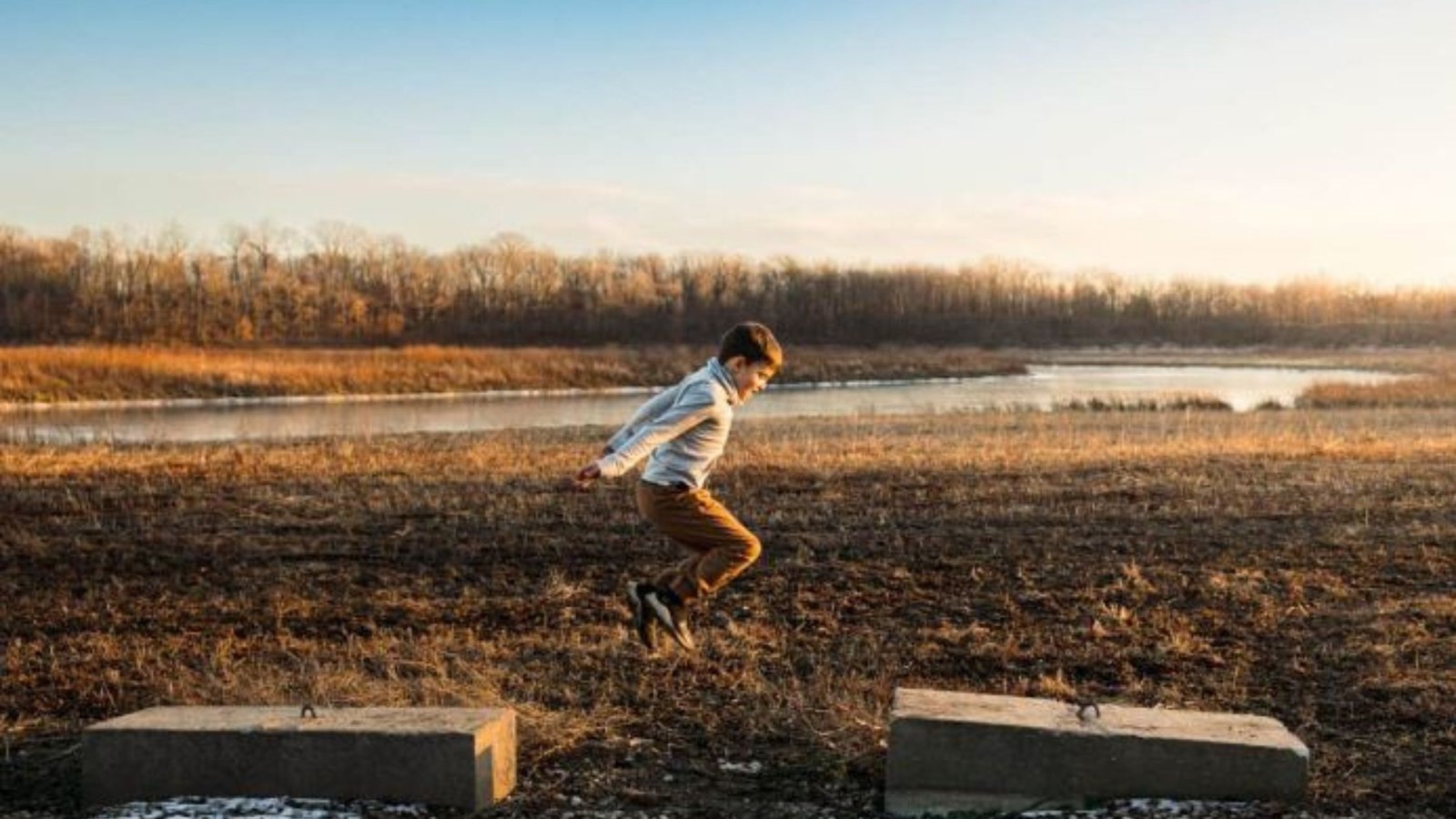Exploring the great outdoors requires a blend of knowledge, preparation, and practical skills to navigate, survive, and thrive in various natural environments. Whether you’re embarking on wilderness expeditions, hiking remote trails, or camping under starlit skies, acquiring essential outdoor adventure skills enhances safety, confidence, and enjoyment during outdoor pursuits.
Navigation Skills: Finding Your Way in the Wild
Navigation skills are fundamental for outdoor adventurers to orient themselves, follow trails, and navigate unfamiliar terrain effectively. Learn to use a map and compass to determine direction, interpret topographic features, and plot routes accurately. Familiarize yourself with GPS devices and smartphone apps that provide real-time navigation assistance, ensuring you stay on course and reach your destination safely.
Outdoor Survival Techniques: Thriving in Challenging Environments
1. Shelter Building and Campsite Selection
Mastering shelter building techniques using natural materials, tarps, or lightweight tents is essential for creating safe and comfortable accommodations in the wilderness. Practice selecting suitable campsites that offer shelter from wind, water drainage, and proximity to water sources while minimizing environmental impact.
2. Fire Starting and Campfire Safety
Learn various methods for starting fires without matches or lighters, such as friction-based techniques, fire starters, or solar ignition devices. Understand fire safety principles, including proper firewood selection, maintaining a safe distance from combustible materials, and extinguishing fires completely to prevent wildfires and minimize environmental impact.

Wilderness First Aid: Responding to Emergencies with Confidence
1. Basic First Aid Skills
Acquire basic first aid skills to treat common outdoor injuries, such as cuts, burns, sprains, and insect bites. Attend wilderness first aid courses to learn advanced techniques for managing medical emergencies, assessing vital signs, and administering CPR or improvised first aid in remote locations where professional medical assistance may be delayed.
2. Emergency Preparedness and Response
Prepare for unexpected emergencies by carrying a well-stocked first aid kit, emergency signaling devices, and communication tools such as satellite phones or personal locator beacons (PLBs). Develop an emergency action plan with group members, including protocols for evacuation, navigation to safety, and seeking assistance from local authorities or search and rescue teams if needed.
Outdoor Cooking and Food Preparation
1. Campfire Cooking and Meal Planning
Explore outdoor cooking techniques using portable stoves, campfires, or solar ovens to prepare nutritious meals and hot beverages while camping or backpacking. Practice safe food handling practices to prevent contamination, store food securely to deter wildlife, and minimize waste through eco-friendly meal planning and preparation.
2. Wilderness Ethics and Leave No Trace Principles
Adopt Leave No Trace principles to minimize environmental impact while enjoying outdoor adventures. Practice responsible camping practices, pack out waste, dispose of trash properly, and leave natural areas undisturbed to preserve pristine wilderness for future generations of outdoor enthusiasts.
Developing Resilience and Outdoor Leadership Skills
1. Risk Management and Decision Making
Enhance risk management skills by assessing hazards, evaluating weather conditions, and making informed decisions to mitigate risks during outdoor activities. Foster teamwork, communication, and leadership skills within your group to promote safety, support group cohesion, and enhance overall adventure experiences.
2. Environmental Awareness and Conservation
Cultivate environmental stewardship by learning about local flora, fauna, and ecosystems encountered during outdoor adventures. Engage in conservation efforts, volunteer activities, and educational programs to protect natural resources, promote sustainability, and advocate for responsible outdoor recreation practices.
Conclusion
Mastering essential outdoor adventure skills empowers individuals to explore, thrive, and appreciate the beauty of natural environments while fostering safety, sustainability, and personal growth. Whether honing navigation techniques, mastering wilderness first aid, or practicing Leave No Trace principles, acquiring these skills enhances outdoor experiences and ensures memorable adventures with minimal impact on the environment.











